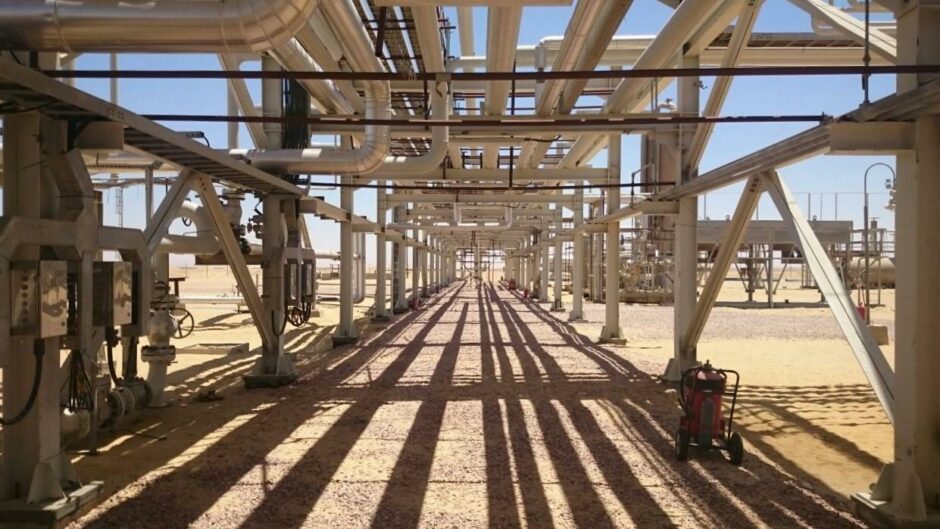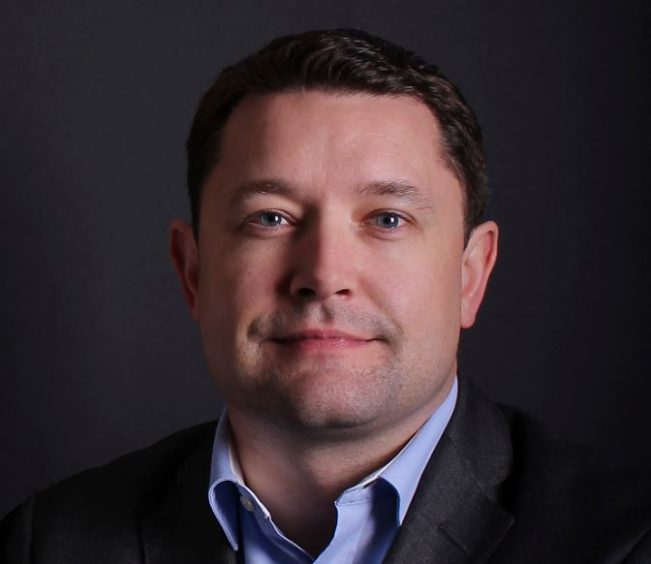
United Oil & Gas is heading out of Egypt and looking for new deals, CEO Brian Larkin has explained.
Larkin rejected the suggestion that Egypt was not an attractive investment destination. “It’s a fantastic place to do business”, he told Energy Voice.
For United, though, success on the ground did not translate into share price impact. In December, the operator drilled the ASD S-1X well, with results suggesting it could produce at more than 1,000 barrels per day of oil.
“We had that discovery and the share price went down,” Larkin said. “That reaction confirmed my view that we were better off exiting” the asset. The company launched a sales process last year but was unable to see it through, with Larkin saying legal advice suggested the contract would violate UK law.
Kuwait Energy Egypt declared United in default of its obligations, and the UK-listed company opted to walk away. “We’re out of Egypt debt free and there will be some cash in the bank. We have a receivable position in Egypt that we expect to get paid from, although we will have to take a forex hit.”
In the future, when the balance sheet was stronger, Larkin said the company would be happy to return to the North African state. “There’s so much opportunity there, the government is supportive, hydrocarbons are a major part of the economy, there’s young people who want to be in the sector. We just can’t make it work at our size.”
UK
For now, United has two other projects on which to work. In the UK, it has a 26.25% stake in an onshore licence, PL090, which includes the mature Waddock Cross field.
Larkin said the project may start producing this year, or in the first quarter of 2024. The field was producing until 2013 and ran into water cut issues. A new well, operated by Egdon Resources, should produce 500-800 bpd, the executive said.
United had an offshore project in the UK North Sea, but was forced to abandon this as the economics were too marginal.
It’s become extremely challenging, the economics. Ultimately, we had a deal agreed to sell an asset that would have been developed and would have contributed to UK energy needs. That deal couldn’t complete because changes in the tax system had made the economics too narrow for investment,” Larkin said.
As a result of windfall tax changes, he warned, the UK would be relying increasingly on old fields in the North Sea and imports.
“There is no question that, right now, hydrocarbons are part of our energy mix and we need them. It’s a shame to see fields like we had at Maria stranded because of a change in the tax system that makes these marginal fields uncompetitive.”
Jamaica
While the UK poses execution challenges, United’s licence in Jamaica sets a different issue. The company has a 100% stake in the Walton-Morant licence, which covers 22,400 square km – essentially the entirety of Jamaica’s southern offshore.
Tullow Oil was previously involved in Jamaica, but pulled out in 2020. United has been going it alone for the time being but the Jamaican government recently approved an extension to its licence, giving it until January 2026 to make progress.
“We don’t need a deal this year, although we would like to,” Larkin said. “We’re not sitting on our hands.”
The last well drilled in the area was in 1982, with all the wells finding hydrocarbon shows.
“The size of the prize is huge”, Larkin said. The Colibri structure, which would likely be the first target, has been estimated to hold 406 million barrels. There are 11 other prospects, which could contain 2.5 billion barrels.
“The first target has an NPV of $4bn, for a $30mn well. We know it’s frontier exploration and the chance of success is maybe 20%, but it stands up.”
United had hoped to reach a deal in 2023, but the unnamed major pulled out. “By that point, though, the asset had been through a technical evaluation and a commercial evaluation – and passed them. We’re confident we’ll get a partner, it’s basically drill ready. It’s a hugely exciting project.”
Deal doing
While United is putting efforts into bringing a partner on Jamaica, the company is also considering M&A options.
“We’re opportunistic. We’re looking at where we can create value,” Larkin said, noting the group was made up of former Tullow officials. He cited “regions known to us”, as including northwest Africa and South America, although including Europe.
“The key driver is to create as much value as we can in our share price. Our strategy is how we deliver that. Our focus has to be on acquiring profitable barrels with less financing risk and repatriation of funds – and probably geographic locations that are a little easier for our shareholders to understand.”
How a deal might be structured could only be determined once the asset is known. While there is potential for smaller deals, “any transaction of any sort of size would naturally require” a reverse takeover (RTO). United has two of these transactions already and has the experience to deliver them.
There are a variety of ways in which to deliver such a deal, Larkin continued, including contingent payments, deferred payments, paying out of royalties and so on.
“There have been transactions with very little cash down and ultimately structured the deal where everyone’s been happy. Those are the kinds of deals we need to consider.”
The CEO welcomed the opportunity to return to deal making. Before buying into Egypt, he continued, the company was “doing a deal every six months”. Those projects were incremental, low cost assets that it was able to sell on, such as the Crown discovery in the North Sea. “We got in cheap, added value and flipped them.”
Egypt has taken up considerable time for United over the last four years. Now the company is moving out of the Abu Sennan licence, Larkin predicted United would bandwidth available to find new opportunities.


